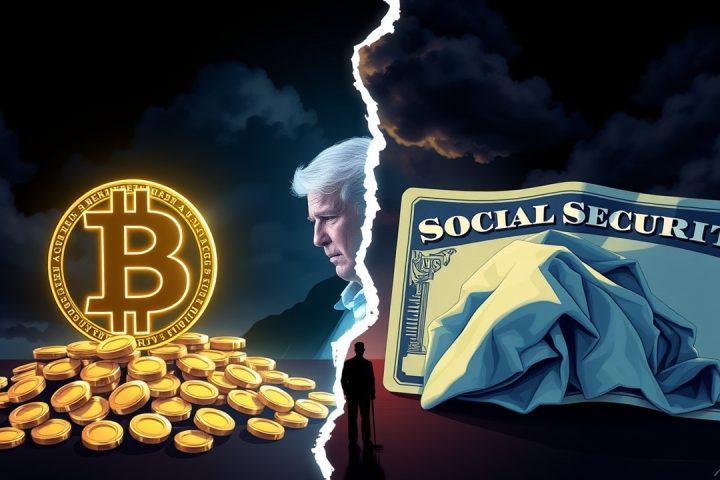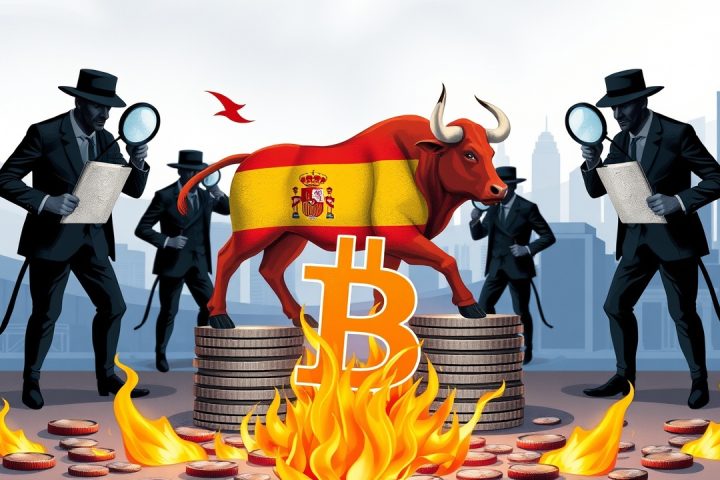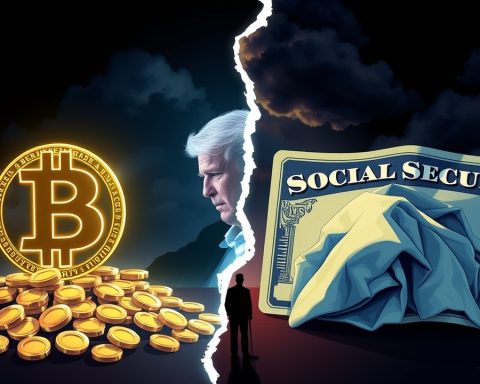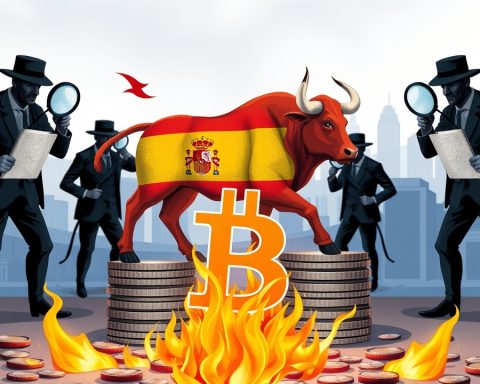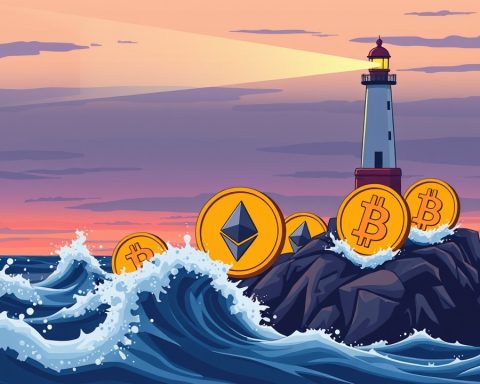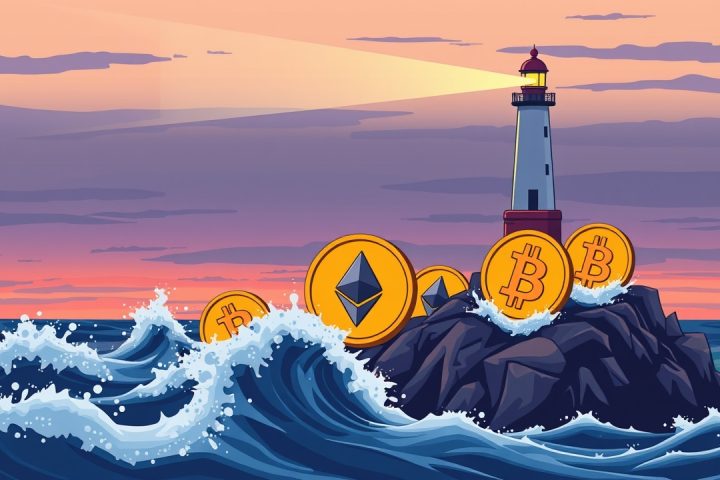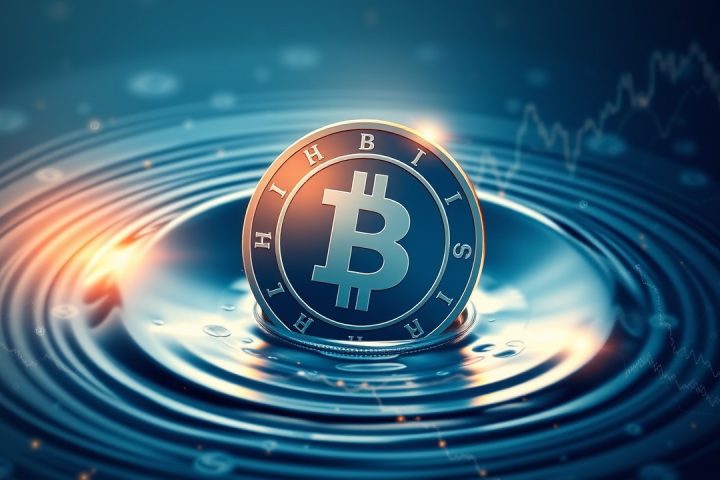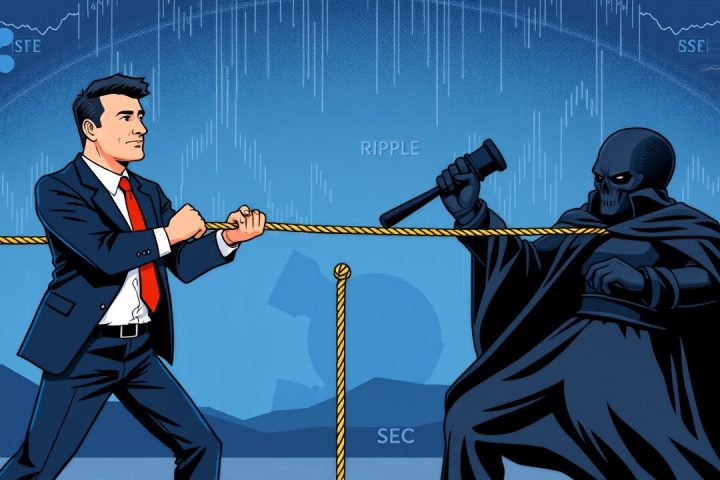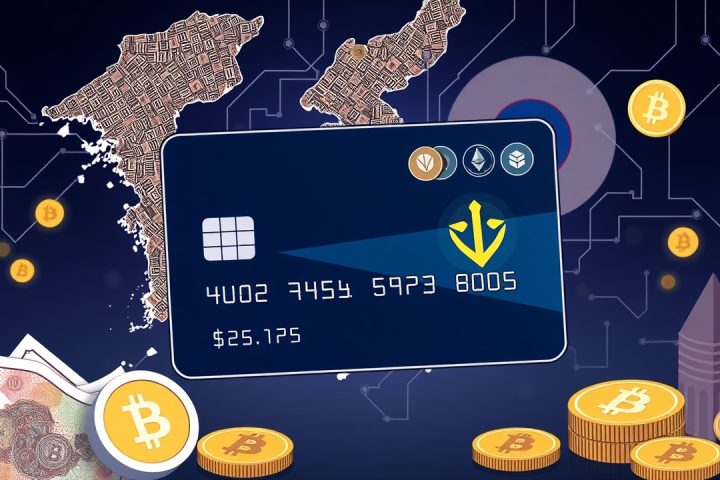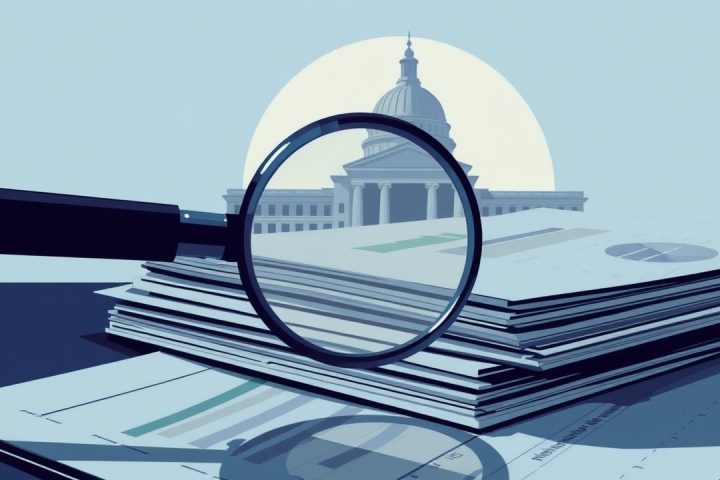El Salvador’s Bold Bitcoin Strategy
In a bold move that defies international financial advice, El Salvador has continued to grow its Bitcoin reserves. This persistence occurs despite an agreement with the International Monetary Fund (IMF) which explicitly prohibits the use of public resources for Bitcoin investments. Recent figures released by the El Salvador Bitcoin Office indicate that last week alone, the country added another seven BTC to its holdings, which now total 6,173 BTC, collectively worth more than $637 million.
El Salvador’s Unique Position
El Salvador’s approach sets it apart, as it is among the rare nations engaging in Bitcoin accumulation through market purchases. Industry analysts cite this strategy as a potential blueprint for other governments contemplating the creation of strategic Bitcoin reserves.
IMF Agreement and Legislative Actions
Back in December 2024, El Salvador entered into a $1.4 billion loan agreement with the IMF. This deal stipulated stringent conditions, including the nullification of the Bitcoin legal tender law and transitioning Bitcoin payments to a voluntary basis. Furthermore, the agreement encouraged the government to curtail its Bitcoin buying and to privatize the Chivo Wallet—El Salvador’s digital wallet initiative—which had struggled to gain traction among locals.
Legislative Changes and Continuing Commitment
Despite these constraints, El Salvador’s Congress voted overwhelmingly, 55-2, in January 2025 to repeal the legal tender law, yet this legislative shift has not halted Bitcoin purchases. In a notable reminder of the agreement’s stipulations, the IMF reiterated in March 2025 that El Salvador should cease its Bitcoin acquisitions entirely.
Nevertheless, President Nayib Bukele remains steadfast in his commitment to the country’s Bitcoin initiative. In a March 4 social media post, he affirmed that the country’s strategy to acquire BTC would continue regardless of IMF pressures or any external influences, marking a significant defiance in the face of global financial norms.


